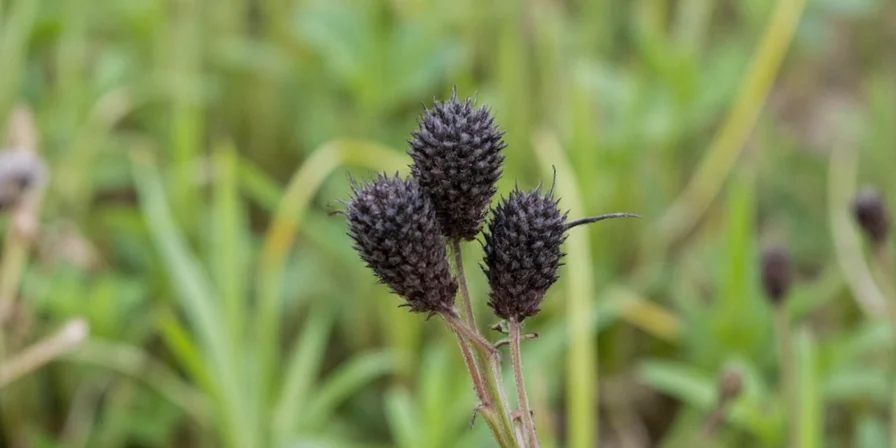Exploring the Wonders of Black Seed (Nigella Sativa)
Black seed, scientifically known as Nigella sativa, is a remarkable spice that has been utilized for thousands of years due to its myriad of health benefits and culinary uses. This small black seed, often referred to as black cumin or kalonji, holds a significant place in various cultures and traditional medicine systems around the globe. In this blog, we will delve deep into the fascinating world of Nigella sativa, exploring its history, benefits, uses, and much more.
History and Origin of Nigella Sativa
Originating from the Mediterranean region, Nigella sativa has been cultivated for over 2,000 years. The seeds have been found in ancient tombs, including that of the famous Egyptian Pharaoh Tutankhamun, which speaks volumes about its esteemed status in ancient civilizations. Black seed was also mentioned in various historical texts, including the Bible and the Quran, highlighting its significance in traditional medicine.
Cultural Significance
- Middle Eastern Tradition: In Middle Eastern cultures, black seed is often referred to as the "seed of blessing." It has been used for its therapeutic properties in folk medicine.
- Indian Ayurveda: In Ayurveda, Nigella sativa is known for its digestive benefits and is often used to treat respiratory issues.
- Chinese Medicine: Chinese herbalists use black seed for its warming properties, often incorporating it into remedies for colds and flu.
Health Benefits of Black Seed
The potency of Nigella sativa lies in its rich composition, which includes essential oils, fatty acids, vitamins, and minerals. The primary compound responsible for many of its health benefits is thymoquinone, which possesses powerful antioxidant and anti-inflammatory properties.
1. Antioxidant Properties
Black seed is packed with antioxidants that help combat oxidative stress in the body. This can lead to a reduced risk of chronic diseases such as heart disease and cancer.
2. Anti-Inflammatory Effects
Thymoquinone in black seed is known for its anti-inflammatory effects, which may benefit individuals suffering from conditions like arthritis or asthma.
3. Immune System Support
Regular consumption of Nigella sativa can help boost the immune system, making the body more resilient to infections and diseases.
4. Digestive Health
Black seed oil has been traditionally used to alleviate digestive issues, including bloating and gas. It may also help in maintaining a healthy gut microbiome.
5. Respiratory Benefits
Many people use black seed to manage respiratory conditions such as asthma and bronchitis due to its bronchodilator effects.
6. Skin and Hair Health
The oil extracted from black seeds can be beneficial for skin health, helping to treat conditions like eczema and acne. It is also used in hair care products for promoting hair growth and reducing dandruff.
7. Blood Sugar Regulation
Some studies suggest that Nigella sativa may help regulate blood sugar levels, making it a potential ally for those with diabetes.
Uses of Black Seed in Daily Life
Incorporating black seed into your daily routine is simple and can be done in various ways. Here are some popular methods:
Culinary Uses
- Spice in Cooking: Black seeds can be used as a spice in various dishes, adding a unique flavor reminiscent of onions and black pepper.
- Infused Oil: Black seed oil can be used as a dressing for salads or drizzled over cooked vegetables.
- Baking: Add black seeds to bread or pastries for an aromatic touch.
Supplement Form
Black seed oil is available in capsule form, making it easy to incorporate into your supplement routine. Always consult with a healthcare professional before adding any new supplements to your regimen.
Topical Application
To enjoy its skin benefits, black seed oil can be applied directly to the skin or mixed into skincare products for enhanced nourishment.
Dosage and Safety
While black seed is generally considered safe for most people, moderation is key. The typical dosage ranges from 1 to 3 teaspoons of black seed oil daily. However, individuals should consider their health conditions and consult a healthcare provider prior to use.
Potential Side Effects
- Gastrointestinal Issues: Some individuals may experience upset stomach or nausea.
- Allergic Reactions: Rarely, some people may have allergic reactions to black seed.
- Blood Sugar Levels: Those on diabetes medication should monitor their blood sugar closely when consuming black seed.
Conclusion
Black seed (Nigella sativa) is more than just a spice; it is a treasure trove of health benefits and culinary possibilities. From its ancient roots to modern-day applications, this remarkable seed has proven its worth time and time again. Whether you choose to consume it for its health benefits or add it to your culinary creations, black seed is a versatile addition to any lifestyle. Embrace the power of Nigella sativa and discover the wonders it can bring to your life.
Illustration of Black Seed











 浙公网安备
33010002000092号
浙公网安备
33010002000092号 浙B2-20120091-4
浙B2-20120091-4